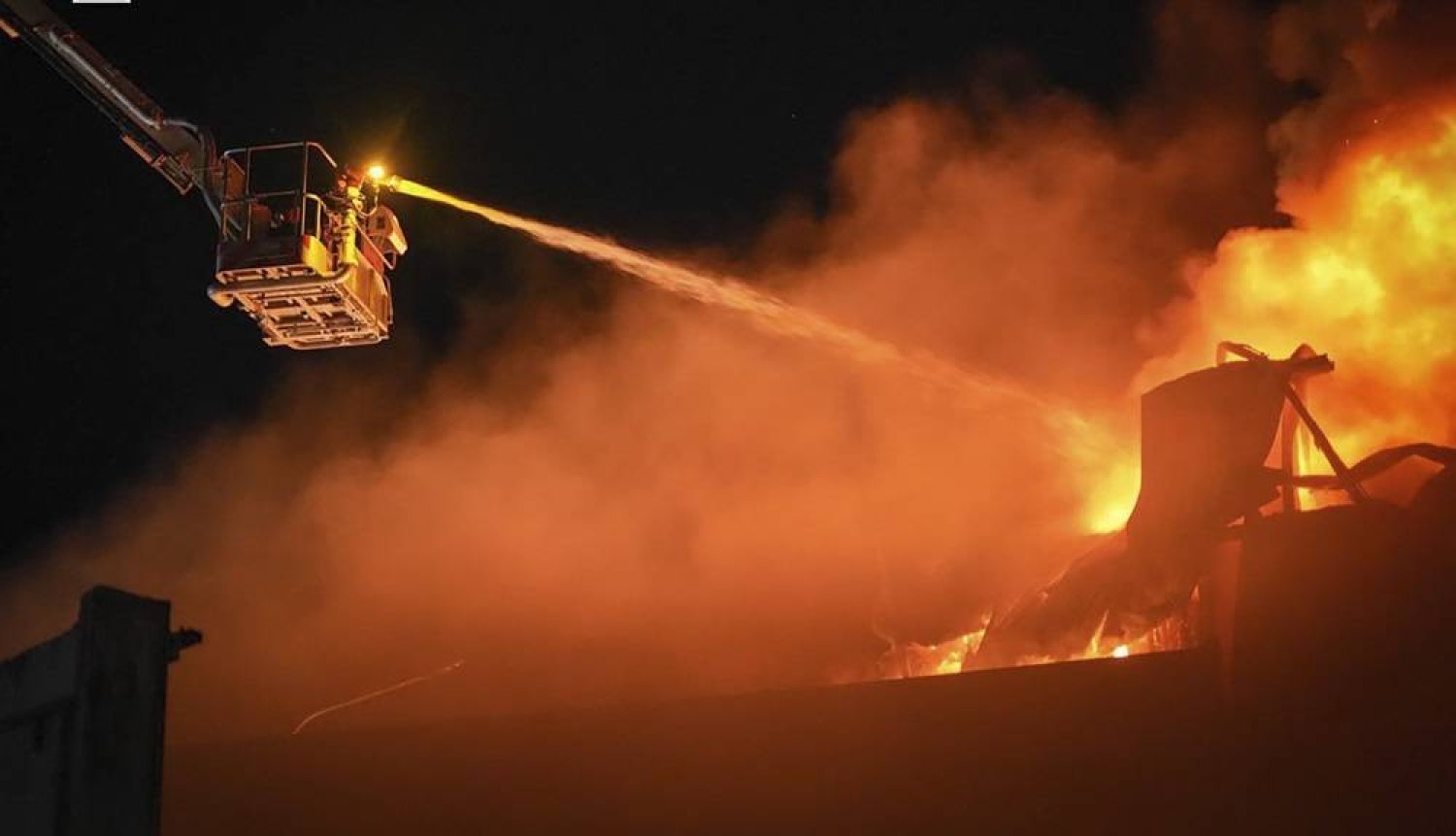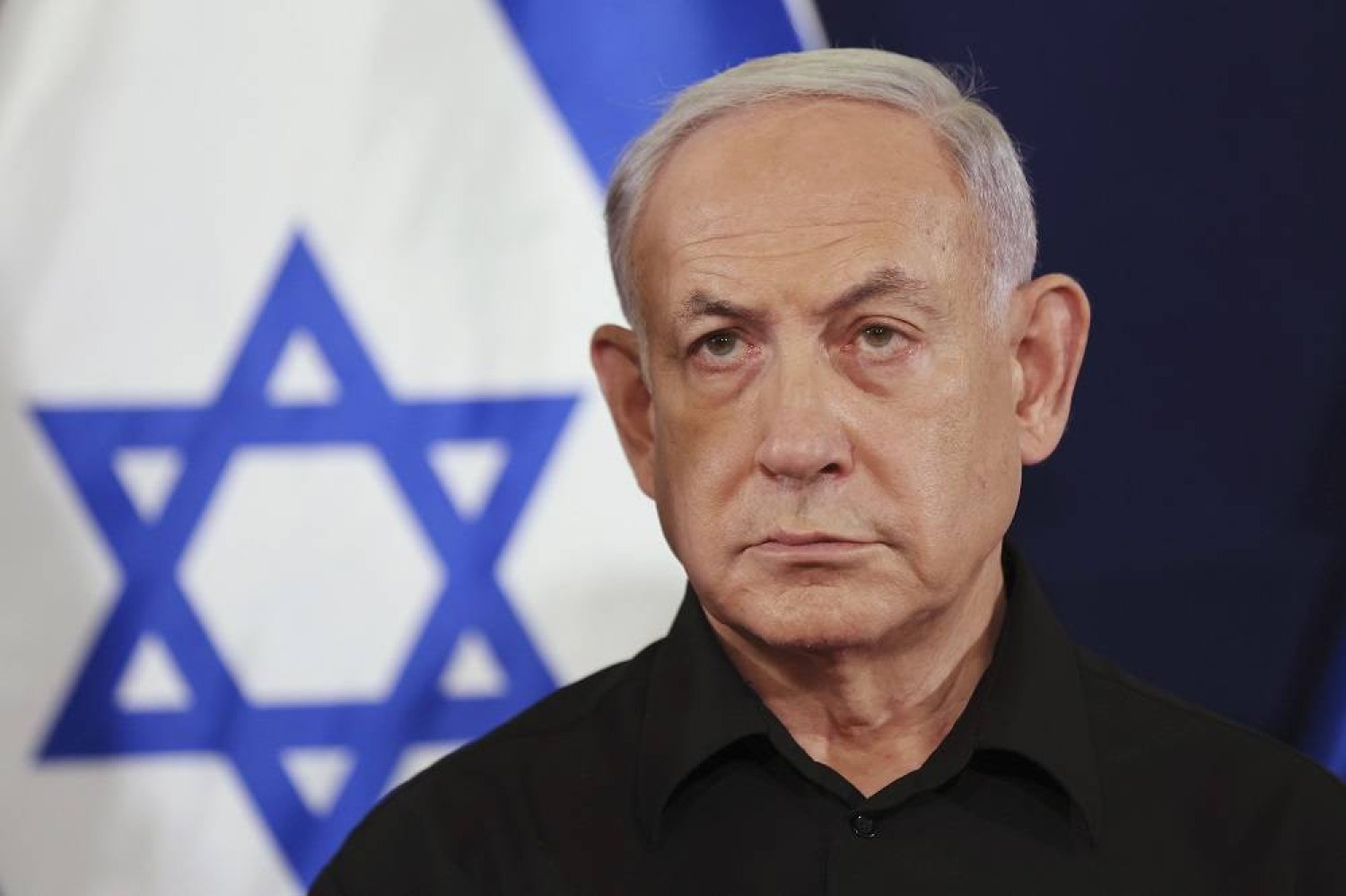At least 15 Tanzanian UN peacekeepers were killed in a suspected raid by Ugandan rebels on a base in Congo on Thursday.
At least 53 others were wounded in what UN Secretary General Antonio Guterres described on Friday as the worst attack against UN peacekeepers in recent history.
UN peacekeeping spokesman Nick Birnback said it was the deadliest attack on a UN peacekeeping mission since June 1993, when 22 Pakistani soldiers were killed in Somalia's capital, Mogadishu.
He called the assault "a determined and well-coordinated attack by a well-armed group."
UN troops were still searching for three peacekeepers who went missing during the more than three-hour firefight that broke out at dusk on Thursday evening, Ian Sinclair, the director of the UN Operations and Crisis Center, said.
UN officials said they suspected militants from the Allied Democratic Forces (ADF) staged the assault on the base in the town of Semuliki in North Kivu’s Beni territory.
The ADF is an extremist rebel group that has been active in the area. Congo’s UN mission, MONUSCO, said it was coordinating a joint response with the Congolese army and evacuating wounded from the base.
Five Congolese soldiers were also killed in the raid, MONUSCO said in a statement. Congo’s army said only one of its soldiers was missing, however, while another had been injured, adding that 72 militants had been killed.
The peacekeeping base is about 45 kilometers (27 miles) from the town of Beni, which has been repeatedly attacked by the ADF.
The base is home to the UN mission's rapid intervention force, which has a rare mandate to go on the offensive against armed groups in the vast, mineral-rich region.
“I want to express my outrage and utter heartbreak at last night’s attack,” Guterres told reporters at UN headquarters in New York. “There must be no impunity for such assaults, here or anywhere else.”
The UN chief said the attack constituted a war crime and called on Congolese authorities to investigate and “swiftly bring the perpetrators to justice”.
The United Nations Security Council condemned the attack on Friday and held a moment of silence for the victims.
Tanzania’s President John Magufuli said he was “shocked and saddened” by the deaths, which come amid rising violence against civilians, the army and UN troops in Democratic Republic of Congo’s eastern borderlands.
Rival militia groups control parts of mineral-rich eastern Congo nearly a decade and a half after the official end of a 1998-2003 war in which millions of people died, mostly from hunger and disease.
The area has been the scene of repeated massacres and at least 26 people died in an ambush in October.
The government and UN mission have blamed almost all the violence on the ADF, but UN experts and independent analysts say other militia and elements of Congo’s own army have also been involved.
In response to the growing unrest, and in an effort to protect civilians, the UN’s Undersecretary General for Peacekeeping Jean-Pierre Lacroix said MONUSCO had stepped up its activities in the area.
“They don’t want us there. And I think this attack is a response ... to our increasingly robust posture in that region,” he told reporters.
Thursday’s raid was the third attack on a UN base in eastern Congo in recent months.
Increased militia activity in the east and center of the country has added to insecurity in Congo this year amid political tensions linked to President Joseph Kabila’s refusal to step down when his mandate expired last December.
An election to replace Kabila, who has ruled Congo since his father’s assassination in 2001, has been repeatedly delayed and is now scheduled for December 2018.
Established in 2010, MONUSCO is the United Nations’ largest peacekeeping mission and had recorded 93 fatalities of military, police and civilian personnel.
The UN mission in Congo is the largest and most expensive in the world. It has also been a high-profile target of the Trump administration's cost-cutting efforts. The mission has a budget of $1.14 billion and over 16,500 soldiers. Nearly 300 peacekeepers have been killed since the mission arrived in 1999, according to UN data.
Congo, the size of Western Europe, has seen immeasurable cruelty and greed as a result of its mineral resources while more than 80 percent of the population lives below the absolute poverty line of $1.25 a day. The nation suffered through one of the most brutal colonial reigns ever known before enduring decades of corrupt dictatorship. Back-to-back civil wars later drew in a number of neighboring countries.
Many rebel groups have come and gone during the UN mission's years of operation, at times invading the regional capital. One of the greatest threats now comes from the ADF.
The rebels once aimed to overthrow President Yoweri Museveni's regime in neighboring Uganda. By the 1990s, they had established themselves in Congo.
Human rights groups say at least 1,000 people have been killed in the last three years as the ADF intensified attacks in Congo. About a dozen rebels have been sentenced to death on charges related to participating in an insurrection movement.
















